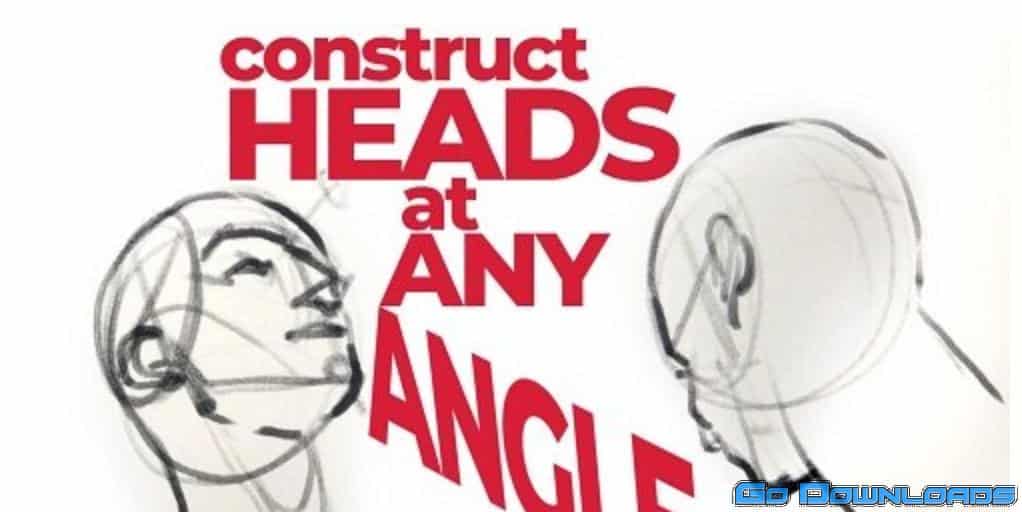Cool
Drawing Heads: Draw heads fast, at any angle. Methods I’ve used throughout my storyboarding career
Drawing believable heads from any angle, and fast. That’s what I had to learn to do as a storyboard artist working with directors on tv shows, movies and commercials. To do that you need to know your way around a head. Heads are complicated. Easy to mess up. I needed a simple yet reliable breakdown of the main forms to get me most of the way to a believable head quickly. At least at the start. I kept on learning less immediately essential details in the meantime.
I needed something that worked from any angle so I wasn’t stuck to a few positions. So the heads looked believable and the features were all in the right places every time.
The method I arrived at combined the teachings of George Bridgman, Andrew Loomis and John Watkiss. John I was fortunate to know personally as both a friend and mentor for many years before his tragically early death.
This class covers a method of quick construction to establish head positions, and placement of the features, quickly and reliably. Also an overview of the features with tips on their construction, a way to test yourself so you can improve quickly by making mistakes and becoming aware of them, muscles, expressions and so on.
A lot of years of learning on my part, condensed into a single class. Of course you’ll need to keep working at improving over time and I can’t cover every aspect in huge detail, but this class will show you how to get those heads blocked in so you can keep sketching in those scenes in the usual hurry!
What do you need?
Any drawing tool you like will do. A pencil works great! Or you can work digitally. Layers are needed for some lessons (self testing for example) so tracing paper if you are working traditionally.
Any old paper since you’ll be practicing and making mistakes a lot. That’s how you improve. So an eagerness to discover where your shortcoming lie is a must.
You need to be comfortable drawing 3 dimensional forms in perspective. Boxes, cylinders, triangular shapes, balls, ellipses, that sort of thing.
If you are comfortable with that, let’s get started!




